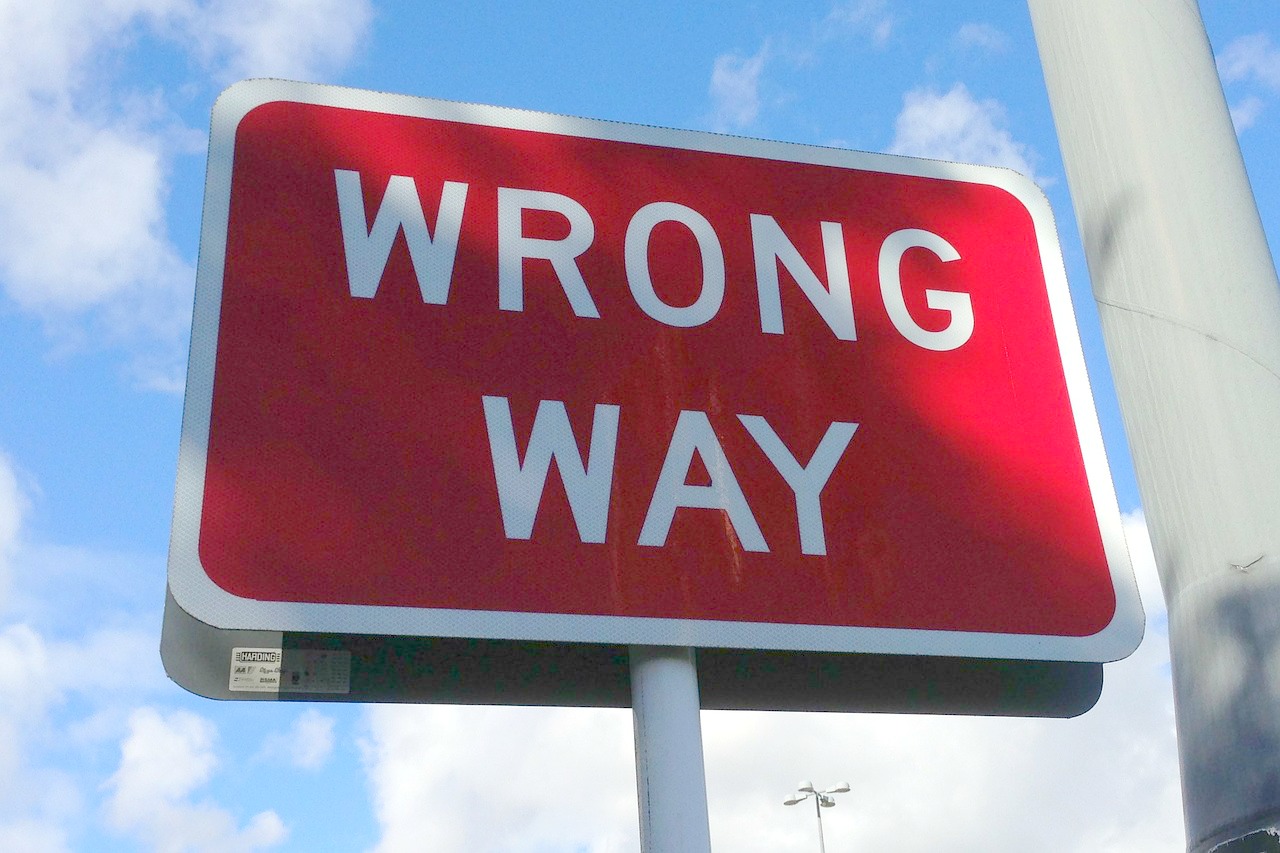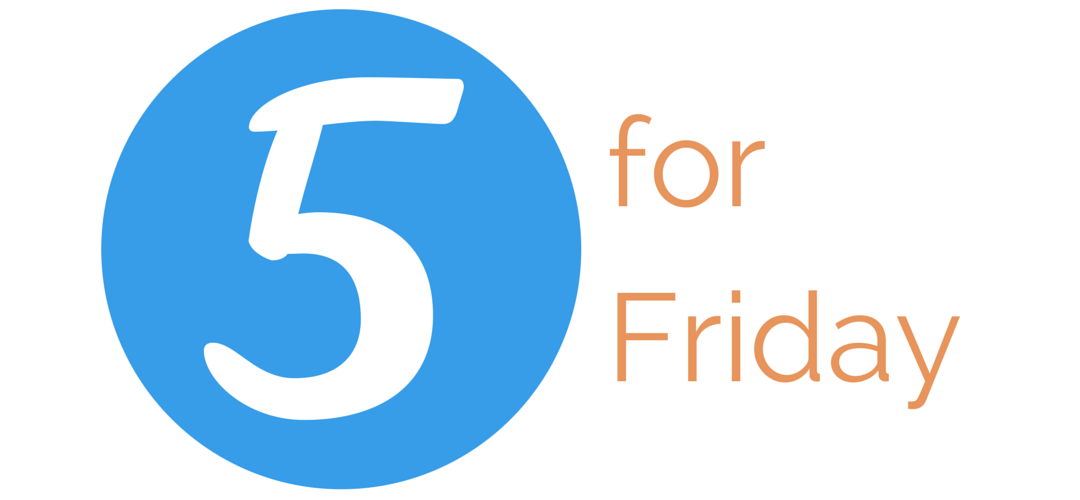One of the great things about having adult children is that you get to be friends with them in a way you can’t when they’re younger. At this point, I’m no longer legally responsible for their choices; if they ask me for advice, I can offer it. But if they decide not to follow it, then I have no stake in the fallout. I don’t have to hold anyone accountable for making a poor decision (which, I’ll be honest, was always my least favorite part of parenting.)
But the difficult thing about having grown kids is watching them make some of the same mistakes I did, or spout off some of the opinions I shared at that point in my life, though I’ve since grown smart enough to realize how ridiculous I looked and sounded. It’s really unfortunate that none of us gets a do-over on those younger years, because I’d be a really excellent college student this time around. I’d also be a young adult with much better money management skills. Not to mention being more flexible. And sympathetic. And calm.
All those skills come to us only as the result of lessons learned the hard way, most of the time. We’re very rarely able (or willing) to let others’ experience serve us as well as our own does. That’s unfortunate, but true.
Here are just a handful of the things I’ve learned the hard way:
- If those shoes don’t feel good on your feet in the shoe store, chances are very slim that they’ll feel better once you “break them in.” (Same goes for jeans, by the way.) It doesn’t matter how much you love them.
- It’s easier to avoid gaining weight than to lose it. You know how difficult it is to say no to ice cream and alcohol and all the other things you love? That should give you some idea of how exceedingly difficult it will be to lose the weight that comes of saying yes. Have a treat now and then, but make sure it’s only now and then.
- If you don’t need it, take the time to think twice before you buy it. And remember to define a need as something directly related to your ability to stay alive.
- Keep a low overhead and you’ll always have lots of options. Build a life that’s hard to finance–you won’t have many.
- You can get mad about the problem or you can deal with the problem. You may not think you should have to deal with it, but guess what? If you’re mad, you’re already dealing with it. Don’t wait around in the hope that someone else is going to fix things. (Unless you enjoy being mad, of course.)
- You rarely know the whole story. Keep your mouth shut unless you’re sure you do.
- It doesn’t really matter if everything goes according to plan–you can enjoy yourself, whatever happens. Or you can pout about your thwarted plan. Your choice.
- If you develop poor study habits in your Gen Ed classes–even if you blame those poor habits on Gen Ed classes being boring and irrelevant to your future–those poor habits will stick with you when you get to your major requirements. Nobody magically learns how to study. Take the time to figure out what works. (Also? You have no idea what knowledge you’ll need in the future. Start getting comfortable with that idea.)
- You are never going to become a different person than you are right now. You can tweak yourself–become better educated, dress differently, exercise more, drink less, begin or end relationships–but you will still be who you are right now. This will always be the case. (Can people change? Of course. But they will be changed versions of themselves, not completely different people.)
- You will survive. You’ve done it before. It won’t be fun, but what matters is that you’ll make it. And then you’ll know you can do it again.





4 Comments
I think one of the best compliments I received from one of my adult children, as they asked my advice, was: I only ask advice from the people I value the opinion of; the rest I don’t ask nor do I listen to!! It is so nice to have that kind of relationship with our kids!
I agree! I love knowing that my kids think of me as a person whose opinion they respect and trust.
That was also my response when I managed a student success program–you don’t get to complain unless you can suggest an alternative way to proceed. I’ve decided that’s my job in the world right now: to come up with alternative ways to move forward, in spite of the political climate.
I love all of these, but this one resonated: “You can get mad about the problem or you can deal with the problem. You may not think you should have to deal with it. So what? Unless you enjoy being mad, deal with it.”
As a manager at work, my stance is always, “if you don’t like something, that’s fine – but you can’t complain about it unless you also come with a solution.” It’s not productive to just be mad without trying to resolve whatever it is that’s making you feel that way. (Same goes for this election)